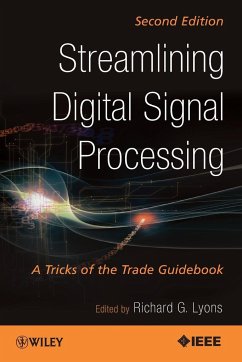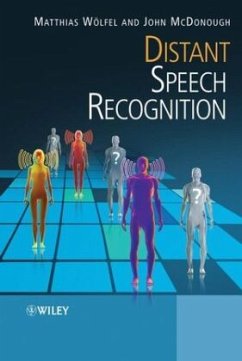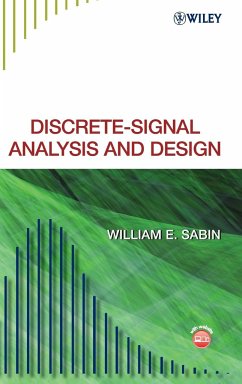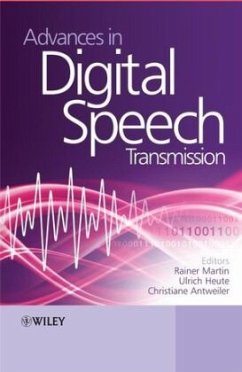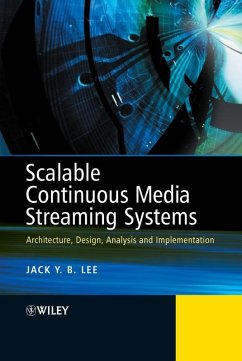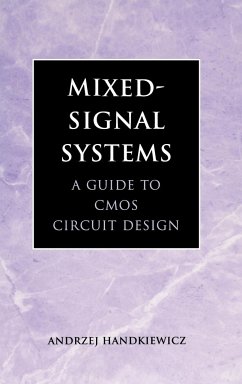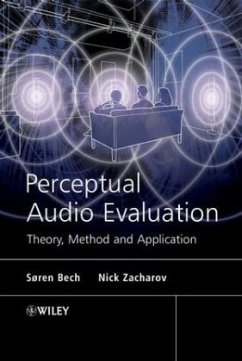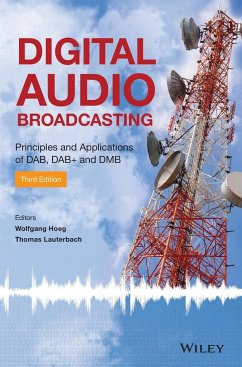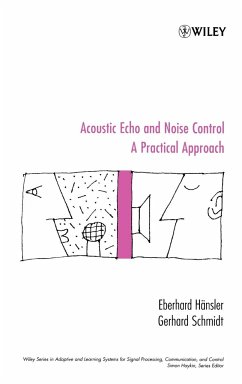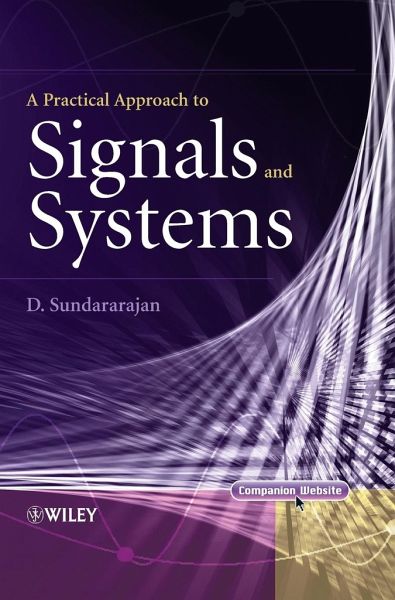
A Practical Approach to Signals and Systems

PAYBACK Punkte
60 °P sammeln!
Gaining a strong sense of the fundamentals of signals and systems analysis is key for general proficiency in any electronic engineering discipline, and critical for specialists in signal processing, communication, and control. A Practical Approach to Signals and Systems presents the fundamentals of time-domain and frequency-domain methods of signal and linear time-invariant system analysis. For each topic, the author details the discrete version first, followed by the corresponding continuous version. The text's methods give advanced undergraduate students a jump-start on applying signals and systems analysis to real-world problems.
Concisely covers all the important concepts in an easy-to-understand way Gaining a strong sense of signals and systems fundamentals is key for general proficiency in any electronic engineering discipline, and critical for specialists in signal processing, communication, and control. At the same time, there is a pressing need to gain mastery of these concepts quickly, and in a manner that will be immediately applicable in the real word. Simultaneous study of both continuous and discrete signals and systems presents a much easy path to understanding signals and systems analysis. In A Practical Approach to Signals and Systems, Sundararajan details the discrete version first followed by the corresponding continuous version for each topic, as discrete signals and systems are more often used in practice and their concepts are relatively easier to understand. In addition to examples of typical applications of analysis methods, the author gives comprehensive coverage of transform methods, emphasizing practical methods of analysis and physical interpretations of concepts. * Gives equal emphasis to theory and practice * Presents methods that can be immediately applied * Complete treatment of transform methods * Expanded coverage of Fourier analysis * Self-contained: starts from the basics and discusses applications * Visual aids and examples makes the subject easier to understand * End-of-chapter exercises, with a extensive solutions manual for instructors * MATLAB software for readers to download and practice on their own * Presentation slides with book figures and slides with lecture notes A Practical Approach to Signals and Systems is an excellent resource for the electrical engineering student or professional to quickly gain an understanding of signal analysis concepts - concepts which all electrical engineers will eventually encounter no matter what their specialization. For aspiring engineers in signal processing, communication, and control, the topics presented will form a sound foundation to their future study, while allowing them to quickly move on to more advanced topics in the area. Scientists in chemical, mechanical, and biomedical areas will also benefit from this book, as increasing overlap with electrical engineering solutions and applications will require a working understanding of signals. Compact and self contained, A Practical Approach to Signals and Systems be used for courses or self-study, or as a reference book.



